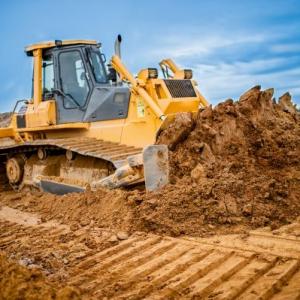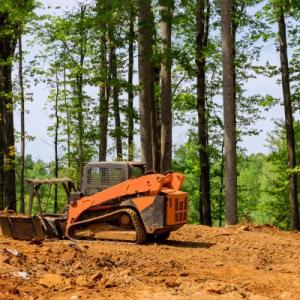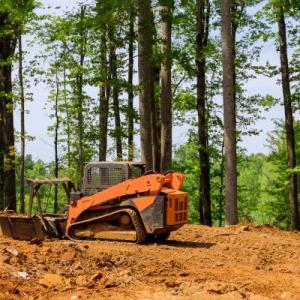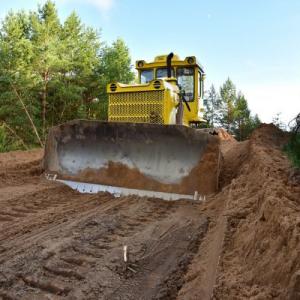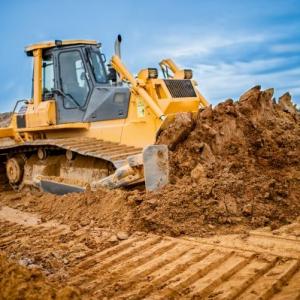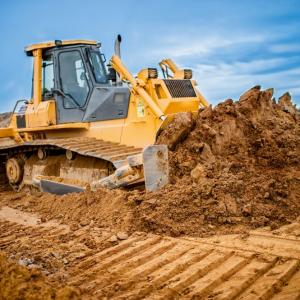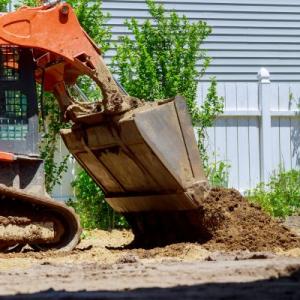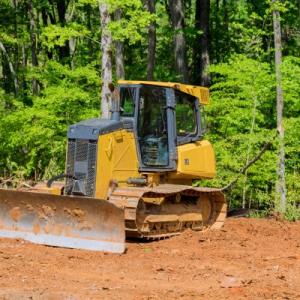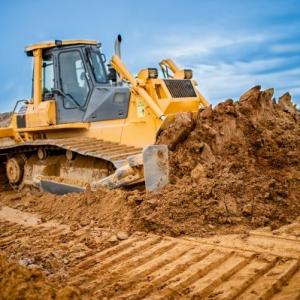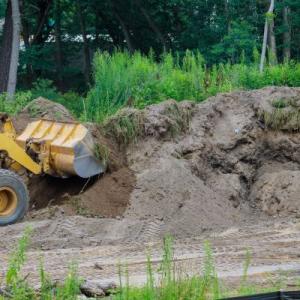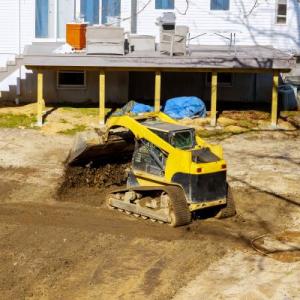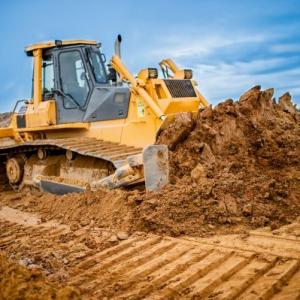Yard Regrading: Omaha
Yard Regrading in Omaha
Get help with Yard Regrading in Omaha. Fill out the form above and we will connect you with local Omaha pros. Yard regrading offers numerous advantages for homeowners looking to improve their outdoor spaces. This process involves reshaping the terrain to ensure proper drainage and prevent water accumulation. By addressing issues such as uneven surfaces and poor water flow, yard regrading helps to avoid potential damage to the property's foundation, as well as minimize the risk of erosion. Additionally, regrading can enhance the aesthetics of the yard, providing a more visually appealing and functional space for outdoor activities and landscaping. With the right expertise and attention to detail, yard regrading can significantly improve the overall quality and usability of your outdoor area.Yard Leveling
Yard leveling is a process that involves the adjustment of the ground surface in order to achieve a more even and balanced terrain. This practice offers several benefits for homeowners. First and foremost, it helps to prevent water accumulation and drainage issues, as it ensures that water flows away from the property, reducing the risk of flooding or water damage. Additionally, yard leveling promotes a safer environment by eliminating tripping hazards and uneven surfaces that can cause accidents. It also enhances the aesthetic appeal of the outdoor space, providing a more visually pleasing and well-maintained appearance. Furthermore, a leveled yard creates a solid foundation for various landscaping projects, such as the installation of patios, decks, or gardens. Overall, yard leveling contributes to a functional, attractive, and harmonious outdoor living space.Soil Grading
Soil grading is an essential process in construction and landscaping that involves the leveling and shaping of the ground surface. By removing excess soil or adding additional soil to achieve a desired slope or contour, soil grading helps to ensure proper drainage and prevent issues like water pooling or erosion. This process also helps to create a stable foundation for structures, such as buildings or roads, by providing a uniform and compacted surface. Additionally, soil grading can improve the overall aesthetics of a property by creating a more visually appealing and functional landscape. Proper soil grading is crucial for the success and longevity of any construction or landscaping project, as it promotes better water management and structural stability.Land Contouring
Land contouring refers to the process of reshaping the topography of a piece of land to achieve a desired slope or level. This technique offers several benefits for property owners. Firstly, land contouring helps to improve drainage and prevent soil erosion, reducing the risk of water damage and preserving the integrity of the land. Secondly, it allows for better utilization of the land by creating more usable space, whether for agricultural purposes, construction, or landscaping. Additionally, land contouring can enhance the overall aesthetic appeal of a property by creating visually appealing features such as terraces or gentle slopes. Lastly, it can also contribute to the overall environmental sustainability of the area by promoting proper water management and preserving natural habitats.Ground Reshaping
Ground reshaping is a process that involves altering the topography of the land to improve its functionality and aesthetics. By reshaping the ground, it allows for better drainage, preventing water accumulation and potential flooding. Additionally, ground reshaping can help create a more level surface, making it easier to construct buildings, roads, or other structures. It also enhances the overall appearance of the landscape, providing a more visually appealing and harmonious environment. Furthermore, ground reshaping can be beneficial in optimizing the land for various purposes, such as agriculture, sports fields, or recreational areas. Overall, ground reshaping offers practical advantages in terms of water management, construction, and landscape improvement.Slope Correction
Slope correction is a professional service that addresses uneven or sloping surfaces in residential or commercial properties. By leveling the ground, slope correction ensures a more stable and structurally sound foundation, preventing potential damage to buildings and structures. This process involves expert analysis and the use of specialized equipment to accurately measure and adjust the slope, resulting in improved drainage and reduced risk of water pooling or erosion. Slope correction not only enhances the aesthetic appeal of the property, but also increases safety by minimizing the potential for accidents caused by uneven surfaces. With its ability to address slope-related issues, slope correction offers property owners peace of mind and the reassurance of a well-maintained and secure environment.Landscape Regrading
Landscape regrading is a process that involves reshaping and leveling the ground in outdoor spaces. This technique is commonly used to address issues such as poor drainage, uneven surfaces, and soil erosion. By regrading the landscape, water can be directed away from buildings and structures, preventing potential damage. Additionally, regrading can improve the overall aesthetic appeal of a property by creating a more visually pleasing and functional outdoor space. This process also allows for better utilization of the land, making it easier to install features like patios, walkways, and gardens. Overall, landscape regrading provides practical solutions for enhancing both the functionality and appearance of outdoor areas.Yard Regrading FAQ
Q: How Does Yard Regrading Help With Drainage Issues?
Answer: Yard regrading helps with drainage issues by reshaping the ground to create proper slope and contouring, allowing water to flow away from structures and prevent pooling or flooding.Q: What Are The Signs That Indicate The Need For Yard Regrading?
Answer: Signs that indicate the need for yard regrading include pooling water, uneven surfaces, soil erosion, and difficulty in maintaining a healthy lawn.Q: Can Yard Regrading Help Prevent Foundation Damage?
Answer: Yes, yard regrading can help prevent foundation damage by redirecting water away from the foundation and ensuring proper drainage.Q: What Are The Steps Involved In The Yard Regrading Process?
Answer: The steps involved in the yard regrading process typically include assessing the current condition of the yard, marking the desired grade or slope, removing existing vegetation and topsoil, reshaping the terrain, compacting the soil, adding new topsoil if necessary, and finally, seeding or sodding the area.Yard regrading is a process that involves reshaping the ground to achieve proper drainage and prevent water accumulation in your yard. It is typically done by removing excess soil and redistributing it to create a more even and level surface. Yard regrading helps to prevent issues such as water pooling, erosion, and foundation damage. This process is often necessary when a yard has slopes or uneven areas that cause water to flow towards the house or other undesired areas. By regrading the yard, you can redirect water away from your property, ensuring a healthier and more functional outdoor space.

